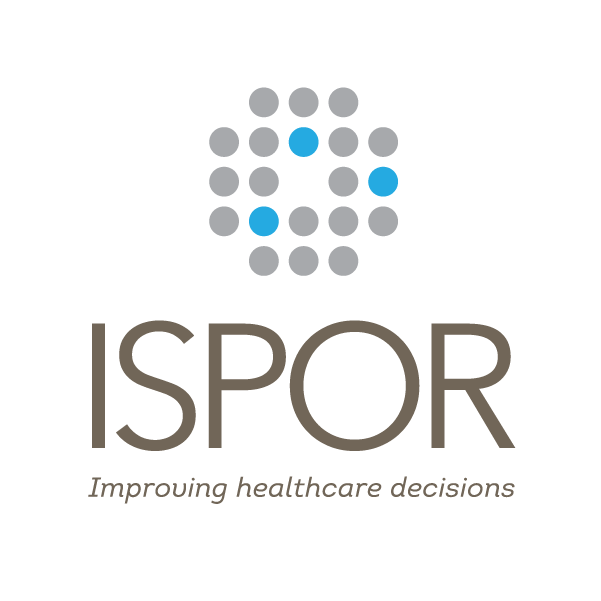Newswise — Lawrenceville, NJ, USA—February 12, 2019—Value in Health, the official journal of ISPOR—the professional society for health economics and outcomes research, announced today the publication of new research showing that the use of financial incentives to encourage engagement with tobacco quit line treatment is a cost-effective option to enhance smoking cessation rates for low-income smokers. The report, “Paying Low-Income Smokers to Quit? The Cost-Effectiveness of Incentivizing Tobacco Quit Line Engagement for Medicaid Recipients Who Smoke,” was published in the February 2019 issue of Value in Health.
Researchers from the University of Wisconsin School of Medicine and Public Health evaluated the cost-effectiveness of financial incentives to encourage low-income smokers to engage in counseling calls with a tobacco quit phone line. Eligible smokers were randomized to either an incentive or a control group. All participants were offered 5 smoking cessation counseling calls and received payment for completing a baseline assessment ($40) and a 6-month assessment ($40). Incentive group participants also received compensation for taking counseling calls ($30/call) and for biochemically verified abstinence at the 6-month visit ($40).
Compared with those in the control group, participants in the incentive group engaged in more quit line calls (mean of 3.8 calls vs 2.9 call in the control group) and had higher biochemically verified abstinence at 6-month follow-up (21.6% incentive vs 13.8% control). The differential effectiveness of the financial incentive intervention was 7.9%.
Furthermore, the intervention was cost-effective. The incremental cost-effectiveness ratio (ie, the cost of 1 additional smoker achieving abstinence) was calculated as $2316. This compares favorably with other smoking treatments, such as varenicline combined with proactive telephone counseling, whose incremental cost-effectiveness ratio has been estimated at $2600 per additional smoker who quits.
“Approximately 25% of adult US residents living below the poverty line smoke—a rate substantially higher than the overall adult rate of about 15.5%,” said author Marlon Mundt, PhD, Department of Family Medicine and Community Health, University of Wisconsin School of Medicine and Public Health, Madison, WI, USA. “To date it has been difficult to increase low-income smokers’ participation in evidence-based smoking cessation treatments and improve their quitting success rates. In this study, participants in the incentive group engaged in more quit line calls and had higher abstinence rates at follow-up. Our overall finding was that financial incentives for tobacco quit line engagement are cost-effective for smokers who are Medicaid recipients, illustrating that incentivizing engagement with treatment counselors is a viable option to increase the number of abstainers among low-income smokers.”
###
ABOUT ISPOR
ISPOR, the professional society for health economics and outcomes research (HEOR), is an international, multistakeholder, nonprofit dedicated to advancing HEOR excellence to improve decision making for health globally. The Society is the leading source for scientific conferences, peer-reviewed and MEDLINE®-indexed publications, good practices guidance, education, collaboration, and tools/resources in the field.
Web: www.ispor.org | LinkedIn: www.linkedin.com/company/ispororg | Twitter: www.twitter.com/ispororg (@ISPORorg) | YouTube: www.youtube.com/ispororg | Facebook: www.facebook.com/ispororg | Instagram: www.instagram.com/ispororg
ABOUT VALUE IN HEALTH
Value in Health (ISSN 1098-3015) is an international, indexed journal that publishes original research and health policy articles that advance the field of health economics and outcomes research to help healthcare leaders make evidence-based decisions. The journal’s 2017 impact factor score is 5.494. Value in Health is ranked 3rd among 94 journals in healthcare sciences and services, 3rd among 79 journals in health policy and services, and 6th among 353 journals in economics. Value in Health is a monthly publication that circulates to more than 10,000 readers around the world.
Web: www.ispor.org/valueinhealth | Twitter: www.twitter.com/isporjournals (@ISPORjournals)

